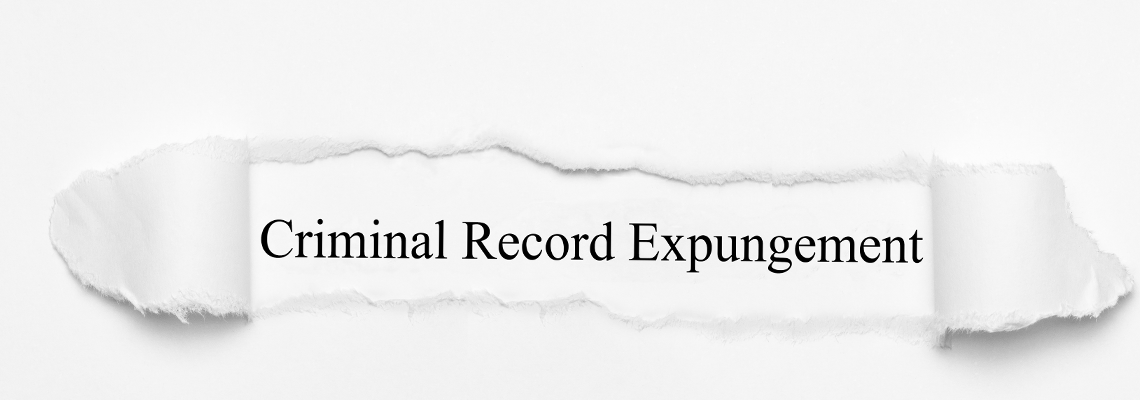
EXPUNGEMENTS IN TEXAS
Convictions for misdemeanors and felonies are not the only things that appear on a criminal record. Being arrested for them, even without a conviction, remains on your record. You face a lifetime of acknowledging those arrests on employment, loan, admission, and other applications.
Under certain circumstances, Texas law allows the expungement of criminal records or nondisclosure of them. If you can save yourself the stigma of having one, why would you not pursue it?
If you are ready to find out if you are eligible for expungement or nondisclosure, attorney Tom Cox is ready to speak with you. The Law Office of Thomas R Cox serves clients charged with crimes in Dallas, Texas, and in Irving, Mesquite, Highland Park, Grand Prairie, University Park, and Dallas County.
WHAT IS EXPUNGEMENT?
Expungement ensures a criminal record cannot be released, disseminated, or even maintained by those authorities and agencies that maintain criminal records. “Expunged” literally means “erased,” which is what it does with your criminal record.
You must petition the court to have a record expunged. In cases in which charges were never filed, you will have to wait until the statute of limitations for filing charges has passed. In cases in which you are acquitted (found not guilty), after an appellate court has overturned a conviction, or if you receive a pardon, you may be able to petition the court right away.
ELIGIBILITY FOR EXPUNGEMENT
Records eligible for expungement are limited. Records of arrest in which charges were never filed or were dismissed and the statute of limitations has run out for filing them usually qualify for expungement. Cases for which you received an acquittal and there were no related charges for which you received a conviction may also qualify.
If you received a pardon, or if your conviction was overturned on appeal due to a finding of innocence (as opposed to overturned on a technicality), you may be eligible for expungement. If you successfully completed the terms of deferred adjudication for a Class C misdemeanor, you may apply to have it expunged. Also, certain juvenile misdemeanor charges and convictions may qualify.
THE BENEFITS OF EXPUNGEMENT
Once a record is expunged, you never have to acknowledge that arrest or conviction in any way. You never need to disclose it on any form or application. It is as if it never happened.
Many employers, for example, will not hire someone with a criminal record, even if the record lists only an arrest. Expunged records do not appear in any criminal background search conducted about you.
The only exception to the ability to forgo acknowledgment of an expunged record is if you are asked about charges or convictions while under oath. In that case, you need only say the record has been expunged. You need not divulge any details regarding the charges or convictions resulting from them.
WHAT IS NONDISCLOSURE?
Some criminal convictions that are not eligible for expunction may be eligible for nondisclosure. This means your record is sealed by the court. Once sealed, the record is no longer public, but unlike expungement, it remains accessible to certain governmental entities and authorities, such as law enforcement and certain professional licensure agencies, particularly in the fields of education and healthcare.
You must petition the court for an Order of Nondisclosure. If granted, you can legally deny the record and not disclose the arrest and/or conviction on employment and other applications.
WORK WITH AN EXPUNGEMENTS
ATTORNEY IN DALLAS, TEXAS
Whether you are charged with a crime, or want to request a pardon, appeal a conviction, or petition the court for expunction or nondisclosure, you should have an experienced criminal defense attorney working for you. Attorney Tom Cox understands that people make mistakes or find themselves in bad situations that may negatively impact the rest of their lives. If you are located in the greater Dallas, Texas area, or throughout Irving, Mesquite, Highland Park, Grand Prairie, University Park, and Dallas County, call the Law Office of Thomas R Cox now.
